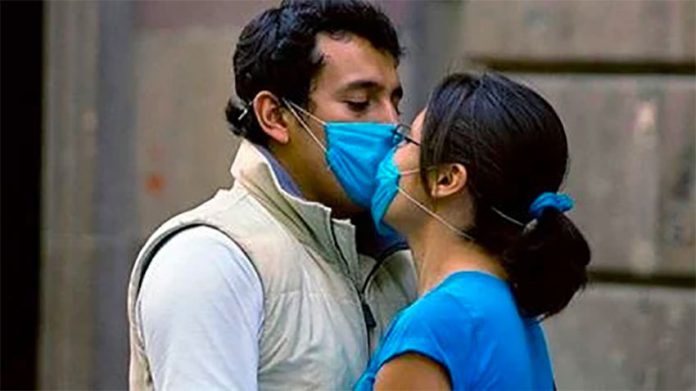While face masks have become de rigueur during the coronavirus pandemic — and obligatory in many states, their efficacy depends entirely on their proper use, says the Deputy Health Minister Hugo López-Gatell.
On Monday he warned that simply wearing a mask does not mean that one is guaranteed to avoid contracting the virus.
Masks can be effective for those who do have the virus to prevent them from infecting others, yet there is not yet enough scientific evidence to show whether people without the infection should use masks as a way to protect themselves against the coronavirus, he said.
The World Health Organization guidelines call for washing hands or cleaning them with an alcohol-based sanitizer before putting on the mask, which needs to cover the mouth and nose with no gaps. While wearing the mask you should never touch it, and single-use masks should never be re-used.
According to an analysis by Mexico’s National Institute of Public Health, four out of six studies found that the use of masks did not reduce the spread of acute respiratory infections.
López-Gatell said that the masks can be uncomfortable, hot and itchy, and that people will take them off for those reasons, or to eat, therefore reducing their efficacy. Also, he pointed out, the virus can still enter through a person’s eyes.
“Some people wear the mask for 15 minutes, and they take it off, they wear it as a hat, they touch their faces. And that’s where the biggest unknown is,” he said.
And some people can experience a false sense of security and neglect other essential coronavirus guidelines, like staying at home, social distancing and hand washing.
Despite many states mandating the use of masks in public, it’s the latter measures that really help control the spread of the virus. “It does not seem inconvenient to me that some state health authorities recommend the use of masks,” López-Gatell said. “But if by paying attention to masks we start to reduce the other massive mitigation measures, we would be diverting attention and reducing the most effective ones.”
Source: El Financiero (sp), Expansión Política (sp)
